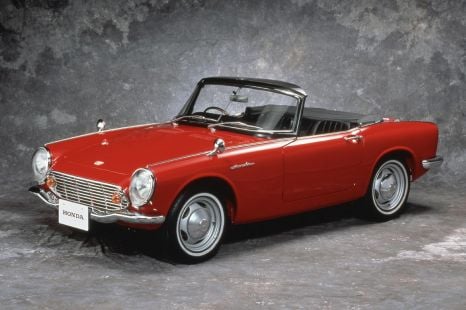

Max Davies
How Audi, BMW, Honda, Mercedes-Benz, and Suzuki started out in Australia, and where they are now
12 Hours Ago
An Australian company is planning to take old hybrid batteries and give them new life. Injectronics wants its remanufactured NiMH batteries on the road this year.

Contributor
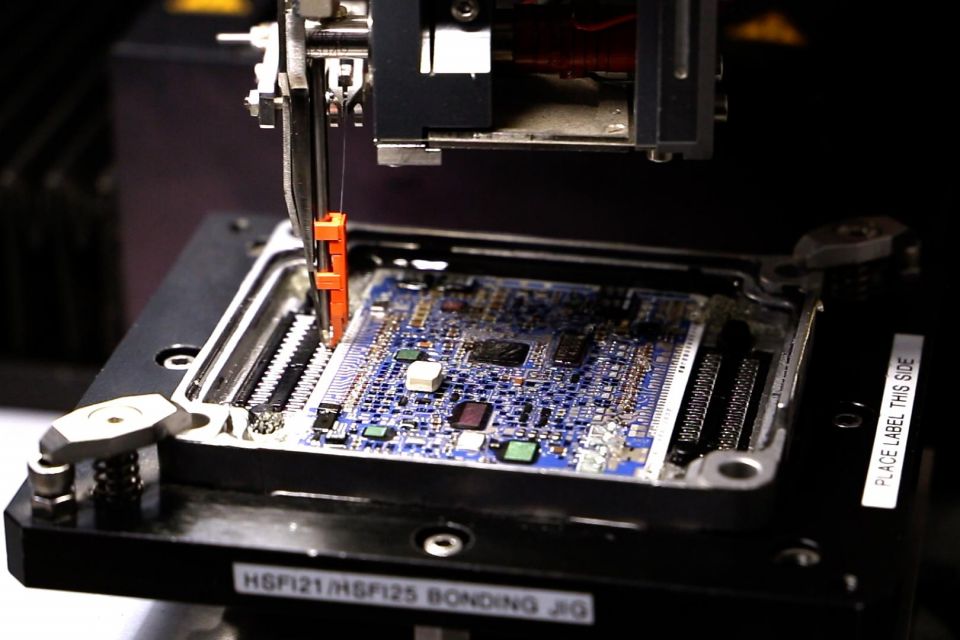

Contributor
A company in Melbourne wants to make it cheaper, easier, and more environmentally friendly to keep old hybrid cars on the road.
Injectronics today revealed plans to remove nickel-metal hydride batteries from ageing Toyota Camry and Toyota Prius hybrids and remanufacture them, replacing damaged cells to breathe new life into battery packs that would otherwise be thrown away.
Remanufactured packs could cost up to 80 per cent less than a replacement from Toyota.
“A project of this type creates a circular economy, putting an end to the single-use nature of hybrid batteries, is environmentally-friendly in its approach, and will save hybrid vehicle owners a considerable sum when their battery fails to work as expected,” said Gino Ricciuti, Injectronics executive general manager.

Essentially a spin on the Swap-and-Go gas bottle formula – where you return your empty barbecue gas bottle to a service station and leave with a full one – there are plans for distribution centres around Australia allowing repairers to remove a car’s battery and have a fully-functioning one sent out within hours.
Installation will be handled by third-party repairers who’ve been trained in how to handle high-voltage electronics, and the batteries are essentially ‘plug-and-play’.
When it takes in an older, damaged battery, the team at Injectronics runs a 12-hour test cycle to work out which cells need replacing, drawing on a bank of working cells to replace them.
The plan is to eventually have a no-waste process where the ageing battery cells removed from cars are repurposed in home storage, where they’re under less stress.
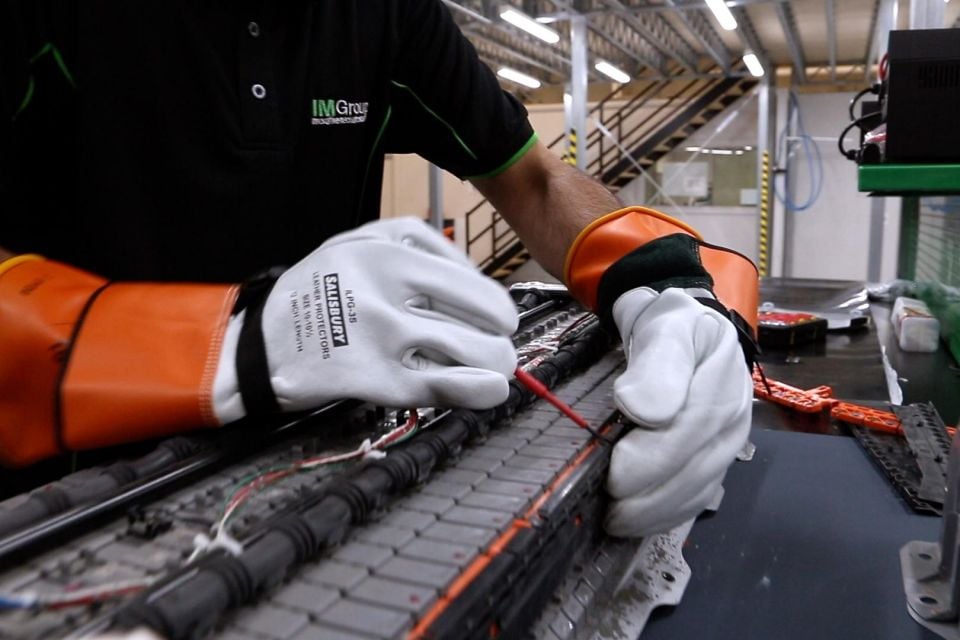
Remanufactured batteries will be warrantied for two years, but Injectronics says a reborn nickel-metal hydride unit can deliver the same performance as a factory-fresh battery back, and could offer the same eight or 10-year life.
In 2019, Injectronics estimates around 16,000 hybrid vehicles needed their batteries replaced.
It expects that number to swell to 23,000 by 2024 as a larger pool of hybrids reach the eight-year-old mark.
There were 150,000 hybrid vehicles on Australian roads at the end of 2020, but that number is growing rapidly.
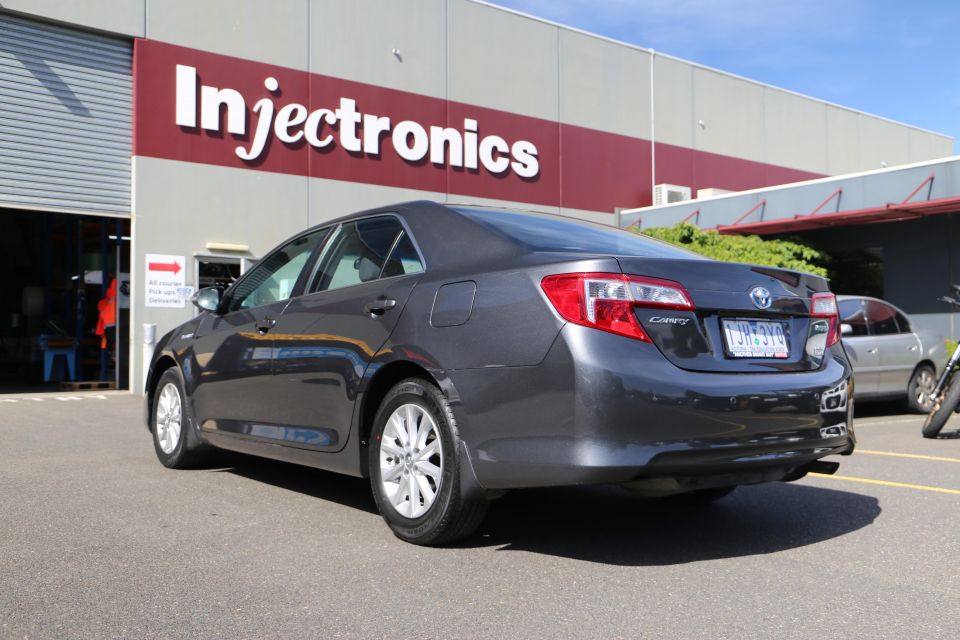
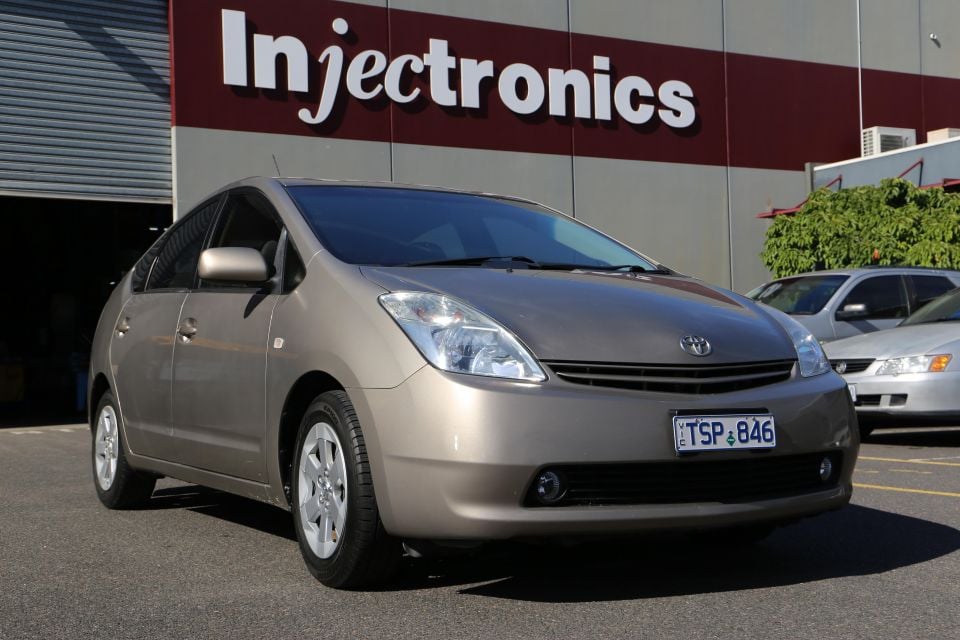
Toyota Australia is leading the charge, but manufacturers such as Nissan, Kia, Hyundai, and Honda either currently offer hybrids, or plan to in the near future.
In total, hybrid sales were up 93.7 per cent in 2020, plug-in hybrid sales increased by 18.2 per cent, and electric vehicle sales were up 16.2 per cent according to the Federal Chamber of Automotive Industries (FCAI).
In contrast, total diesel sales were down 12.5 per cent and petrol sales decreased by 19.8 per cent.
Injectronics is currently testing its remanufactured batteries in a Toyota Camry and Prius, and plans to start scaling its production late in the second quarter of 2021.
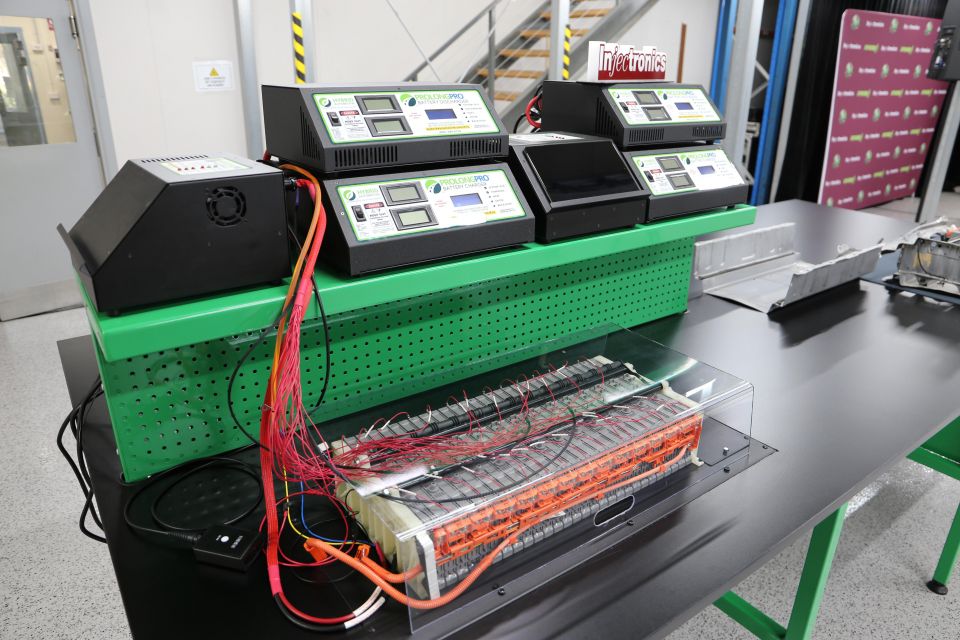
Along with the nickel-metal hydride batteries from older Toyota hybrid vehicles, Injectronics wants to work out how to remanufacture lithium-ion batteries.
Not only does that open the door for it to service newer hybrids, there’s the potential to squeeze more life from the larger batteries in pure-electric vehicles.
Scott Collie is an automotive journalist based in Melbourne, Australia. Scott studied journalism at RMIT University and, after a lifelong obsession with everything automotive, started covering the car industry shortly afterwards. He has a passion for travel, and is an avid Melbourne Demons supporter.


Max Davies
12 Hours Ago
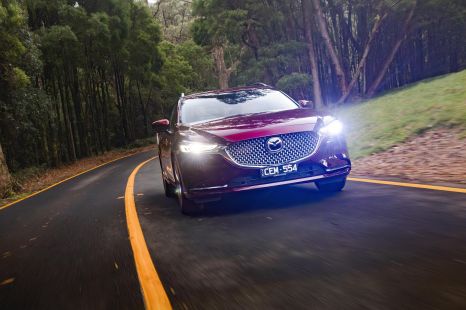

William Stopford
12 Hours Ago
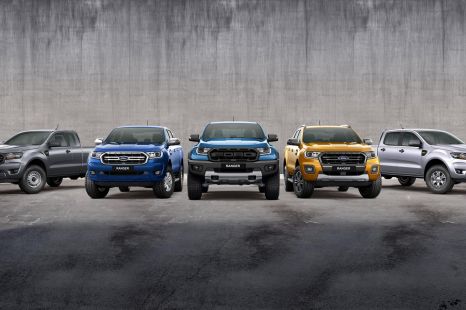

Derek Fung
12 Hours Ago
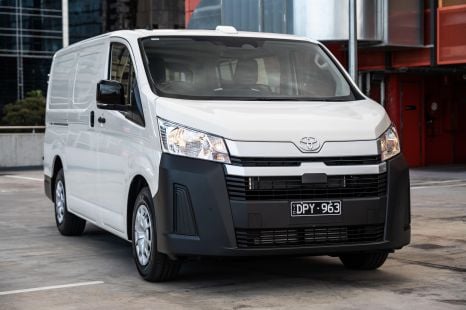

Max Davies
20 Hours Ago
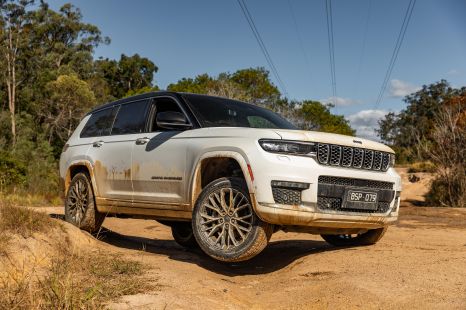

William Stopford
1 Day Ago
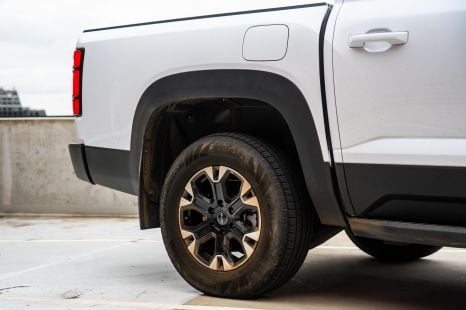

Ben Zachariah
2 Days Ago